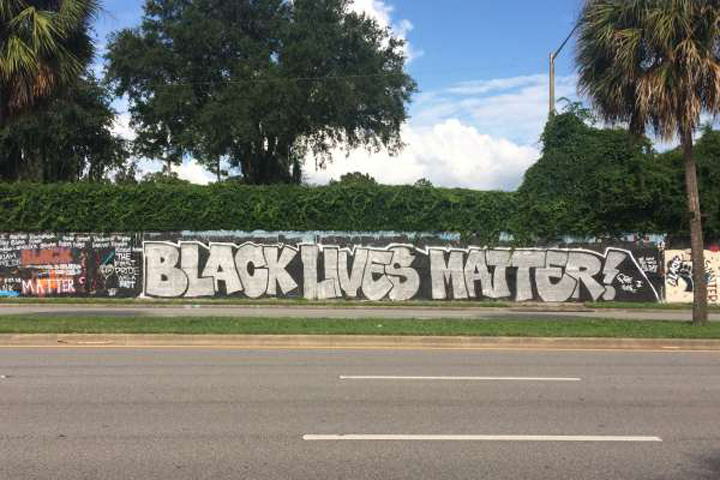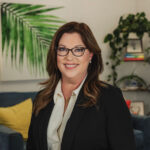Some thoughts on the last few weeks. I’ll make the writing short and the recommendations long for further learning, because my thoughts aren’t needed here; we need to listen to the voices of people of color.
Trauma needs a witness, and I witness with my feelings first: horrified, enraged, grieving. About the murder of black and brown bodies, recently including George Floyd, Breonna Taylor, Ahmaud Arbery and far too many more. About Amy Cooper and Christian Cooper in Central Park. Tentatively hopeful, and amazed, watching the peaceful protests spread throughout the world. And then outraged and angry and yes, terrified about the police brutality and violence sanctioned from the White House. As a human and as a mental health professional, it makes me sick.
Physical safety, recognition of full humanity, and mental health are all inextricably linked.
Individual mental health and cultural, communal wellness are also inextricably linked.
Not one of us will truly experience mental wellness until our sisters and brothers of color are valued, heard, and fully recognized as human.
Join me to #amplifymelanatedvoices. The day is long past for white people to de-center ourselves in the conversation about racism and start centering the voices of currently devalued, diverse cultures and skin colors. And to take responsibility for our own learning rather than asking people of color to educate us.
Here are some of the people I learn from, in no particular order, and some curated resources below. Please join me and learn to be more educated, anti-racist and empathic. (Clicking on the book titles takes you right to Amazon.com).
Austin Channing Brown
Book, I’m Still Here (Black Dignity in a World Made For Whiteness)
Insta @austinchanning
Twitter @austinchanning
Ibram X. Kendi
Author, books: Stamped From The Beginning, How To Be An Anti-Racist
IG @ibramxk
Twitter @DrIbram
Layla Saad
Book, Me & White Supremacy
Host, Good Ancestor Podcast
IG @laylafsaad
Rachel Cargle
Course: The Great Unlearn
IG @rachel.cargle
Twitter @RachelCargle
and
The Loveland Foundation
From the website: “Black women and girls deserve access to healing, and that healing will impact generations. (Founded by Rachel Cargle, this organization provides financial assistance for therapy for communities of color with specific attention to black women and girls.
This is a fund you can donate to, specifically for providing healing through therapy to people of color.)
Franchesca Ramsey
MTV Decoded host, you can see all her videos here
https://www.youtube.com/user/chescaleigh
IG @chescaleigh
Luvvie Ajayi Jones
Book, I’m Judging You: The Do Better Manual
Culture critic, activist, blogger extraordinaire.
IG @luvvie
Patrisse Cullors-Brignac
Co-Founder of Black Lives Matter
IG @osopepatrisse
Author with co-founder asha bandele of When They Call You a Terrorist
Ta-Nehisi Coates
Atlantic Magazine national correspondent and author, books:
Between The World and Me, We Were 8 Years In Power, The Water Dancer
IG @tanehisipcoates
Twitter @taNehisiCoates8
Audre Lorde
Poet, author
Intersectional thinker, self-described “black, lesbian, mother, warrior, poet,” who dedicated both her life and her creative talent to confronting and addressing injustices of racism, sexism, classism, heterosexism, and homophobia.
Book, Sister Outsider
A Detailed List of Anti-Racism Resources
https://medium.com/wake-up-call/a-detailed-list-of-anti-racism-resources-a34b259a3eea?utm_content=bufferf0e95&utm_medium=Thrive&utm_source=LinkedIn&utm_campaign=Buffer
75 Things White People Can Do For Racial Justice
https://medium.com/equality-includes-you/what-white-people-can-do-for-racial-justice-f2d18b0e0234
This is hardly an exhaustive list. We are rich with teachers, and need only to look to find them. By all means, suggest others!
Thank you for the courage and vulnerability it takes to look at racism and work to become anti-racist. Let’s keep listening deeply and making space for — and amplifying — voices of color, as long as it takes to bring equity to our culture. Our collective mental wellness rests in our ability to do this.
Lisa


